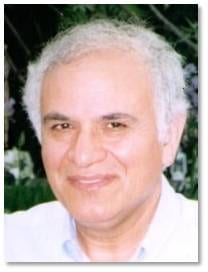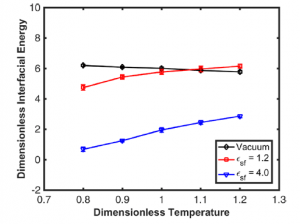Our Research Lab
Click for Latest News and Updates
We study very large-scale use of CO2 from different sources to prevent emission to the atmosphere. Examples include production of renewable geothermal energy from the subsurface, and waterless fracking of subsurface formations for different applications. We also investigate reinjection of high salt content brine in the subsurface formations for the purpose of improved oil recovery. Widespread application of CO2 may require viscosification. We have engineered molecules that viscosify CO2 at low concentrations. Our engineered molecules facilitate CO2 sequestration and control of its mobility to prevent leakage. CO2 viscosification keeps CO2 in the subsurface and advances the process efficiency and safety. The topics of major research activities are:
- Molecular Engineering: Functionalization, and Molecular Simulations
- Equilibrium Thermodynamics, Irreversible thermodynamics and Thermodynamics of Deformable Materials; Thermodynamics of Fluid-Solid interfaces.
- Large Scale Simulation of Subsurface Fluid Flow, Porous Media Deformation, and Crack Propagation. The focus is higher-order methods and integration with thermodynamic concepts.
| Flow Assurance: Hydrate Anti-Agglomeration
(Jimenez and Firoozabadi, 2018) |
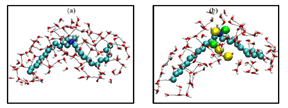 |
Fluid-Fluid Interfacial Elasticity (Wu and Firoozabadi, 2021) |
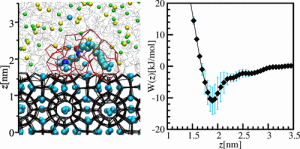 |
| Fluid-Solid Interfacial Energy Density (Wu and Firoozabadi, 2021) | 
|
| Hydraulic Fracturing by Water and by CO2 (Feng, Haugen and Firoozabadi, 2021) | 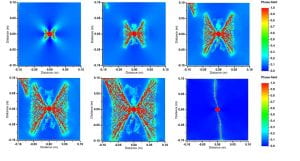 |
Kerogen Swelling (Li, Yao and Firoozabadi, 2021)
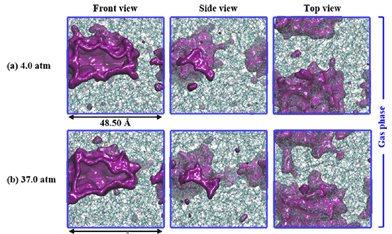 |
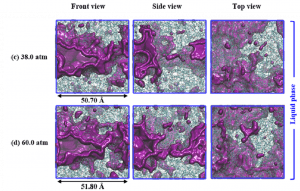 |


